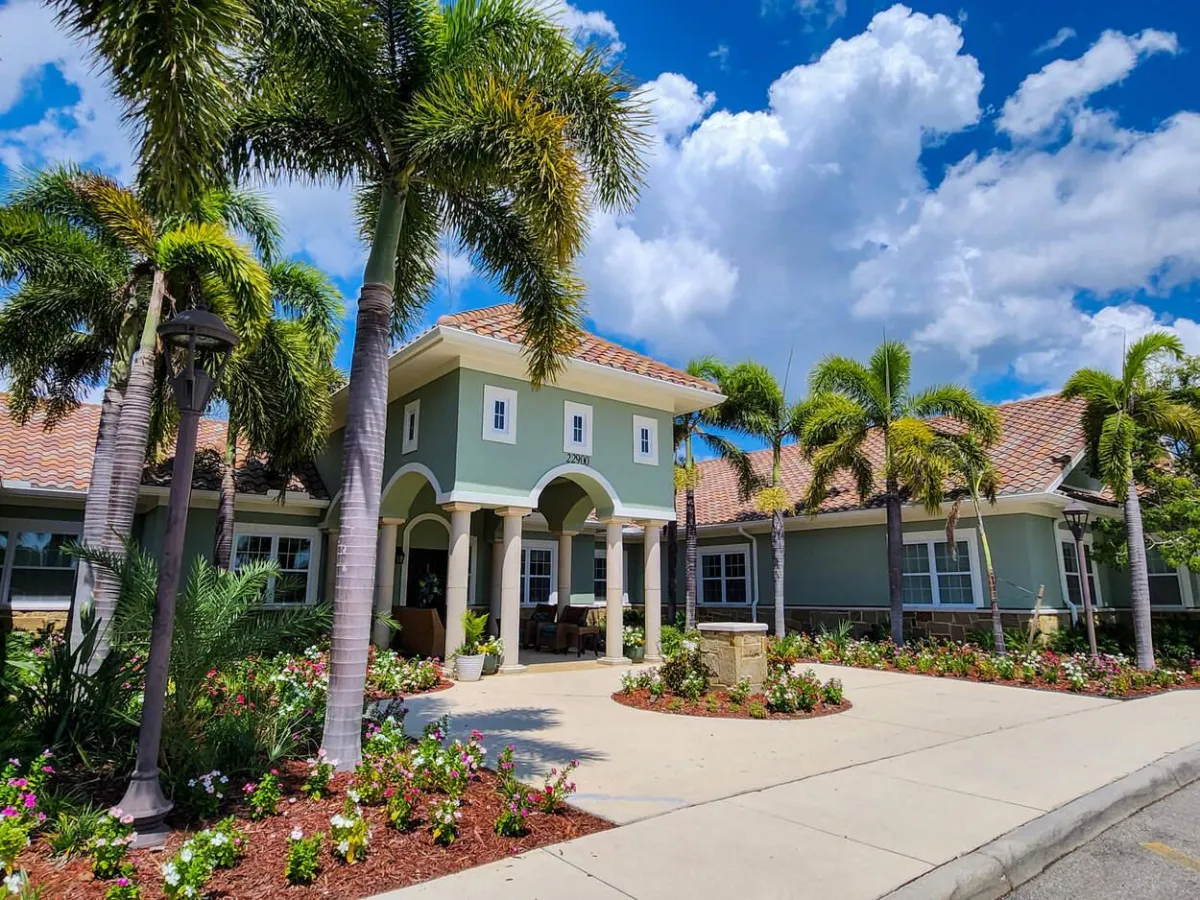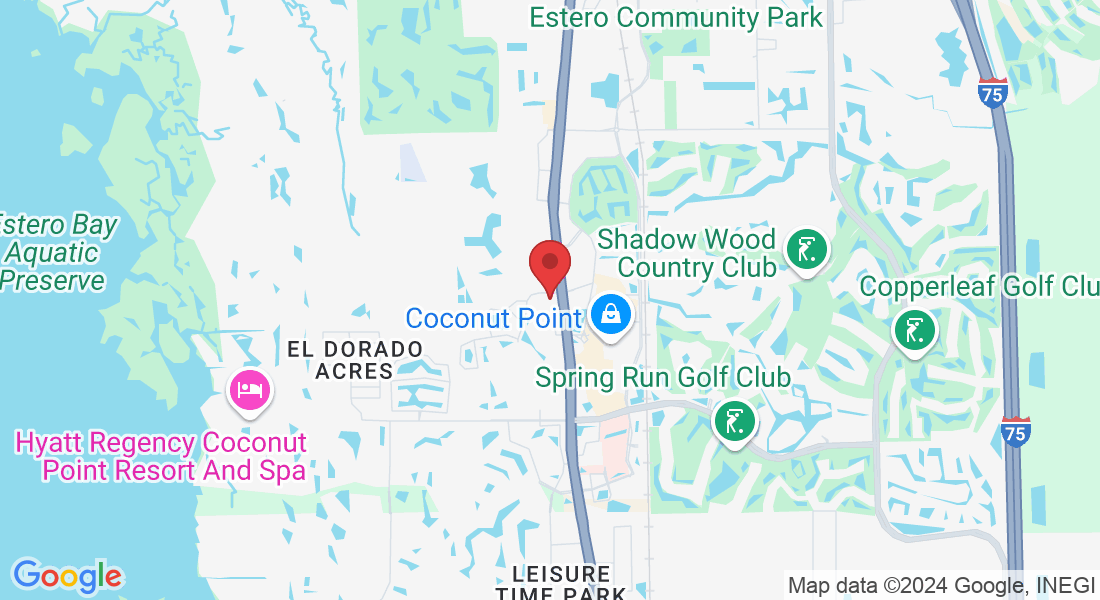Call Us: (239) 427-1455
This site is for families seeking memory care services. For employment inquiries, visit our Indeed page.
Memory Care Resources
Enjoy these articles on finding the right care for your loved one

Sources to Consider When Funding Memory Care Costs
Many individuals with dementia, Alzheimer's or other memory needs combined with assistance in the activities of daily life that will require staying in a Memory Care facility fund the costs using a mix of private and public resources. The median cost of memory care in the U.S. is $6,200 per month, highlighting the importance of understanding all funding options. The cost of memory care will vary widely by location as indicated by the National Council on Aging (NCOA), regardless of whether the memory care community is stand-alone or if it is co-located in an assisted living or nursing home community. One of the largest operators of senior living facilities in the United States, reports a range of $2,795 to $10,030 for starting base rental rates in memory care communities.
Understanding the costs & the level of services provided at various fees can be helpful when making care decisions. Before deciding how to pay for memory care, consult with your financial team (CPA and financial advisor) to make sure you make financially smart decisions.
A financial advisor can analyze your complete financial picture and provide valuable insights into how to cover memory care costs and optimize your financial resources. Here are some of the most common sources for funding:
1. Private Pay Options
Families often use personal savings and assets to pay for memory care. Seniors may have retirement savings, pensions, or contributions from adult children. Common sources include:
- Social Security retirement income
- Retirement plans (401(k)s, IRAs)
- Stocks and bonds
- Savings accounts
- Personal property
2. Home Equity
Home equity can be a significant resource for funding memory care:
- Selling a home can directly cover costs.
- Renting a home can generate income for care.
- Reverse mortgages allow homeowners 62+ to convert home equity into tax-free income.
- Bridge loans provide short-term funding while waiting for a home sale or public benefits.
3. Long-Term Care Insurance
Long-term care insurance can cover memory care costs, but policies vary. It’s essential to check if memory care is included. Policies should be purchased before care needs arise, typically in one’s mid-50s.
4. Life Insurance
Although life insurance policies are typically thought of for death benefits, they can often be cashed in (converted) to cover memory care costs. Life insurance can be used for memory care by:
Selling the policy to a third party.
Surrendering the policy for its cash value.
This may involve giving up policy ownership and death benefits. Again, consulting your CPA, insurance agent and financial advisor can prove helpful in making the right decision for your circumstances.
5. Medicaid Benefits
Medicaid, a program for low-income individuals, can cover memory care services, though coverage varies by state. It doesn’t typically cover room and board. However, state-specific HCBS waivers may cover some services in memory care facilities. Eligibility criteria often include income/asset limits, age, and care level requirements.
6. Veterans Benefits
The Department of Veterans Affairs offers benefits to help senior veterans with memory care costs. Most are familiar with the VA Pension and Survivors Pension. These are monthly payments for eligible veterans and spouses. Veterans or their surviving spouses may be able to utilize the VA Aid and Attendance Benefit to help cover the cost of memory care. This benefit provides an additional monthly payment to the monthly VA pension for eligible veterans or surviving spouses who meet at least one of the following requirements:
Require help with daily activities such as bathing, dressing, or eating
Be bedridden for a large portion of the day due to an illness
Be a patient in a nursing home due to loss of mental or physical abilities related to a disability
Have a severe visual impairment
There are specific requirements to qualify for the Aid and Attendance benefit, so check the requirements carefully to ensure eligibility.
In addition to exploring ways to pay for the cost of care, you will also want to ask these additional questions about memory care costs:
What’s the base cost for memory care at the facility, and what services and amenities are included in that cost?
Are there any additional fees for services, such as medication management, daily living assistance, or transportation?
Are there any financial assistance programs available to help cover the cost?
Are there different levels of care available, and how do they affect the cost?
What is the policy for increasing the cost of care over time, and how much notice will be given before any price increases?
Is there a minimum stay requirement, and will there be any penalties for early termination of the contract?
Are there any additional costs that could arise during a resident’s stay, such as for medical emergencies or changes in care needs?
Watching someone you care about develop dementia or otherwise progress to the point of needing memory care is one of life’s most difficult experiences. But when you’re also responsible for your loved one’s care and safety, it can feel overwhelming, both emotionally and financially. Finding a facility that will help you navigate these choices and the complex emotions that come with them can make sure that you have peace of mind knowing that you have done the best you can to provide for your loved ones.

Gulf Coast Memory Care
(239) 427-1455
22900 Lyden Dr, Estero, FL 33928
AL# 12921





